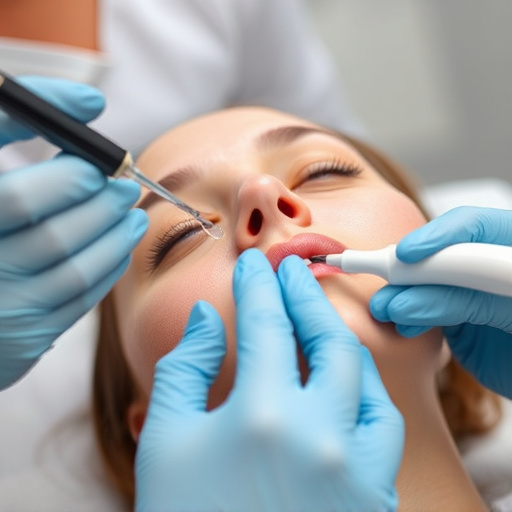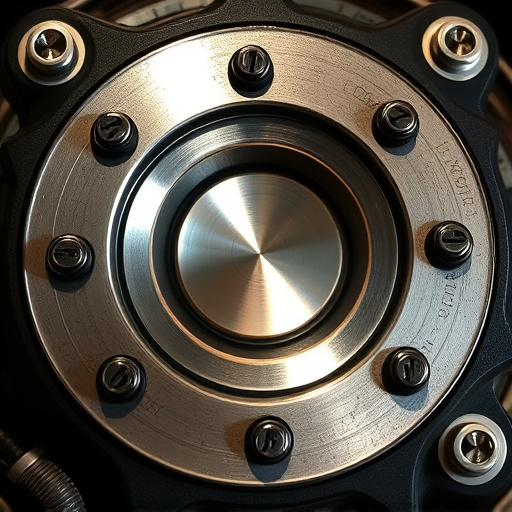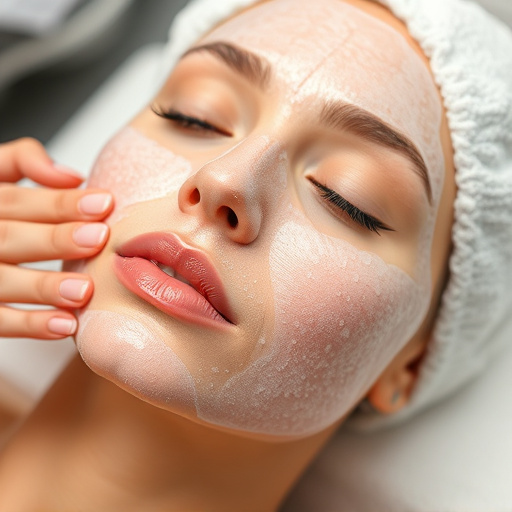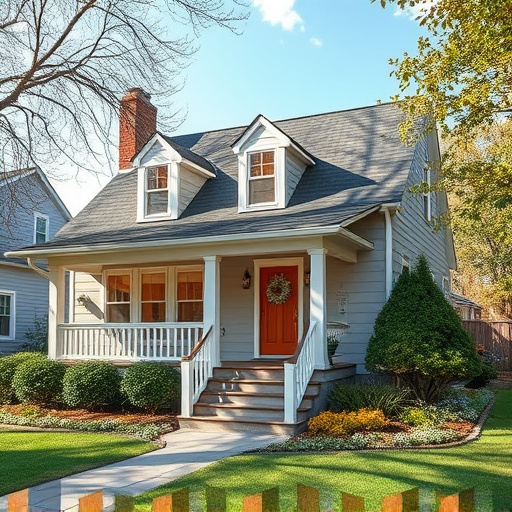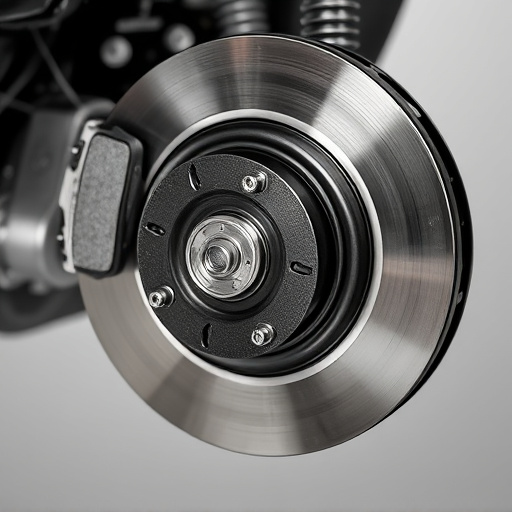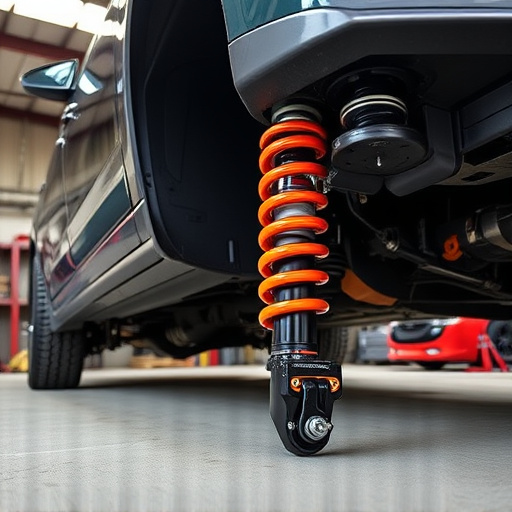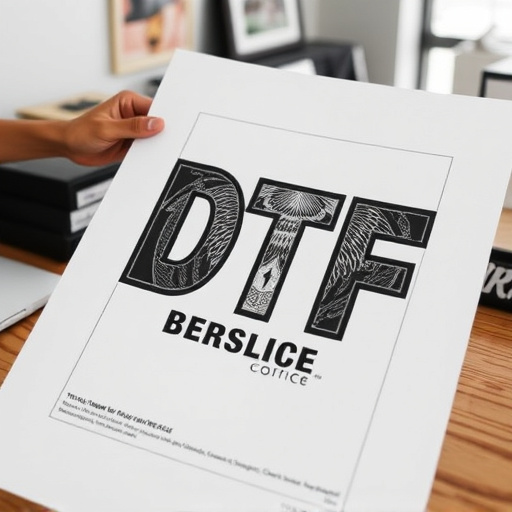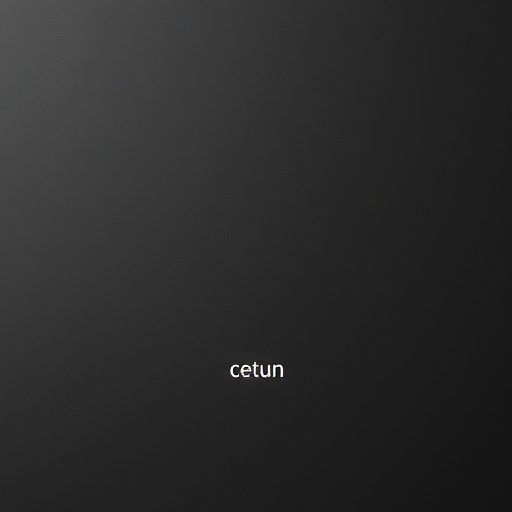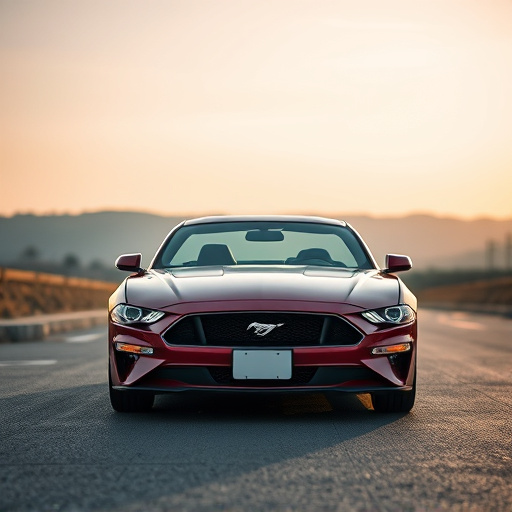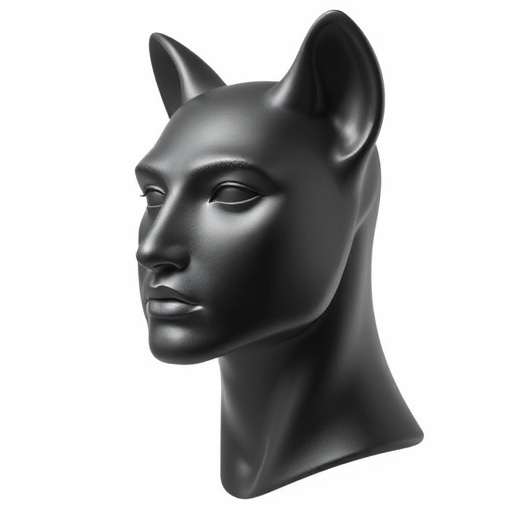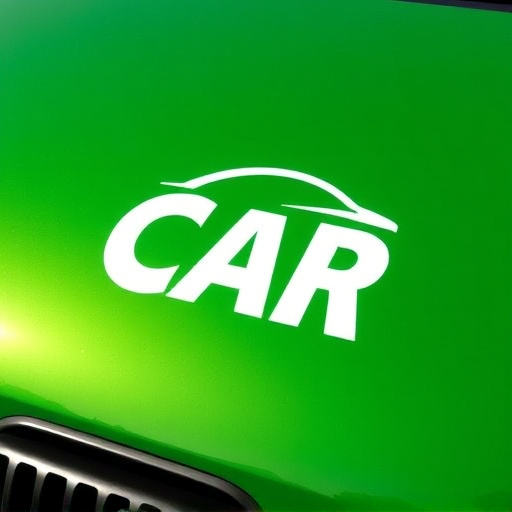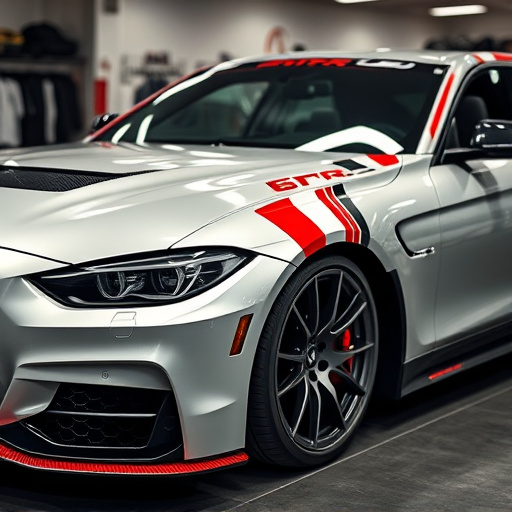Optimal glass ceramic coating application conditions involve temperatures between 50°F and 80°F (10°C to 27°C), room temperature glass surface, and 30% – 50% humidity. Avoid prolonged sunlight exposure as it degrades the coating over time. Regular upkeep is essential for high-quality glass ceramic coatings, especially in regions with intense solar radiation.
Discover the ideal weather conditions for maximizing the effectiveness of glass ceramic coatings. From optimal temperatures to humidity levels, this guide explores the environmental factors that influence coating adhesion and durability. Learn how sunlight exposure impacts performance over time, ensuring your glass ceramic surfaces remain pristine. Uncover expert tips for choosing the best application moments, enhancing longevity, and maintaining superior protection against scratches, stains, and UV damage.
- Optimal Temperatures for Glass Ceramic Coating Application
- Ideal Humidity Levels: Enhancing Coating Adhesion and Durability
- Sunlight Exposure: Effects on Glass Ceramic Coatings' Performance
Optimal Temperatures for Glass Ceramic Coating Application
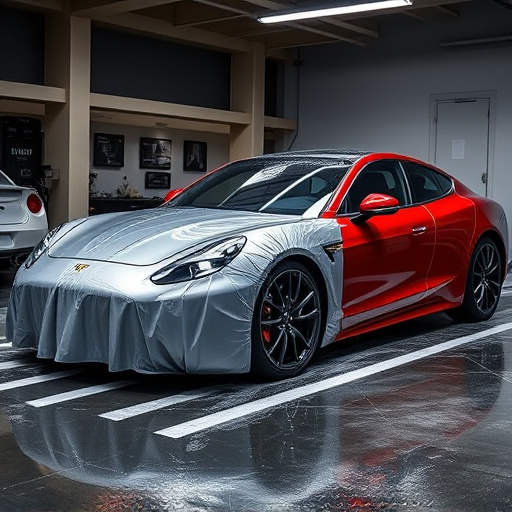
The application of glass ceramic coating is an art that requires precise environmental conditions to achieve optimal results. One of the critical factors is temperature—both ambient and surface temperature. For a successful ceramic coating job, aim for temperatures between 50°F to 80°F (10°C to 27°C) during application. This range ensures the coating binds securely to the glass surface without causing any adverse effects due to extreme heat or cold.
In terms of surface temperature, it’s essential to ensure the glass is clean and free from contaminants. Pre-cleaning with appropriate detergents and degreasers helps remove dust, fingerprints, and other residues that can impede the coating’s adhesion. Additionally, allowing the glass to reach room temperature before application is crucial, as sudden exposure to hot or cold surfaces can cause stress cracks in the ceramic layer, leading to potential damage or failure of the coating.
Ideal Humidity Levels: Enhancing Coating Adhesion and Durability
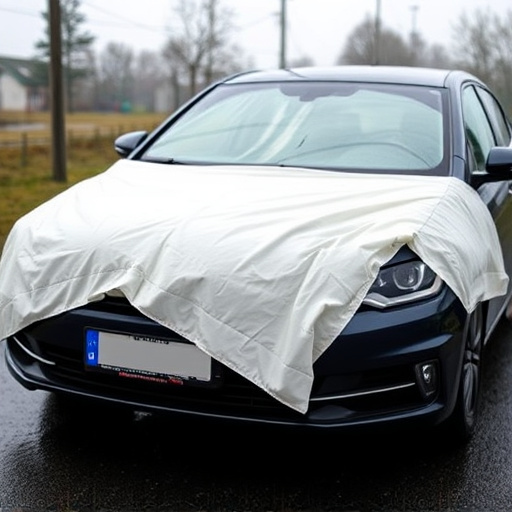
Maintaining the right humidity levels is crucial for achieving optimal results when applying glass ceramic coatings. For the coating to adhere properly and last longer, the environment should ideally have moderate to low humidity—between 30% and 50%. Higher humidity can lead to faster evaporation of the coating’s solvent, potentially resulting in an uneven finish or reduced bonding strength. Conversely, excessively dry air might cause the ceramic particles to attract moisture from the atmosphere, affecting their structure and overall performance.
This delicate balance is especially important when considering applications like vehicle enhancements or custom graphics. By controlling humidity within the recommended range, the protective layer of the ceramic coating becomes stronger and more durable, ensuring a sleek, long-lasting finish that protects the surface from scratches, stains, and UV damage—an essential aspect for any automotive enthusiast looking to preserve their vehicle’s aesthetic appeal.
Sunlight Exposure: Effects on Glass Ceramic Coatings' Performance
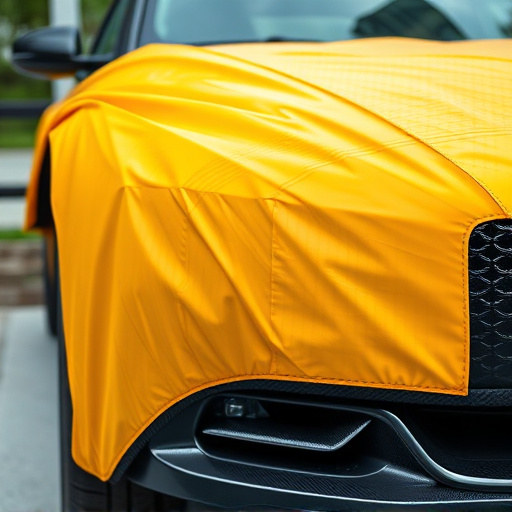
Sunlight exposure plays a significant role in determining the long-term performance and longevity of glass ceramic coatings. These protective layers are designed to safeguard vehicle surfaces against various environmental factors, including UV rays from the sun. Prolonged sunlight exposure can cause the coating to degrade over time, leading to loss of gloss and clarity. The intense ultraviolet radiation can break down the chemical bonds within the coating, resulting in a faded appearance and reduced protection for the underlying paintwork.
In automotive detailing, maintaining optimal conditions during application is crucial to ensure the glass ceramic coating provides maximum vehicle protection. Applying these coatings on cloudy days or under shaded areas can help mitigate direct sunlight’s impact. Additionally, using specific applicators and techniques to minimize contact with surfaces can contribute to better retention of the coating’s properties. Remember that even with a high-quality paint protection film, regular upkeep is essential to maintain its effectiveness, especially in regions with intense solar radiation.
Glass ceramic coatings perform best under specific weather conditions, including optimal temperatures between 50-70°F (10-21°C), humidity levels of 40-60%, and minimal direct sunlight. These conditions ensure enhanced adhesion, superior durability, and prolonged performance for glass ceramic coatings, making them a reliable choice for various applications.
